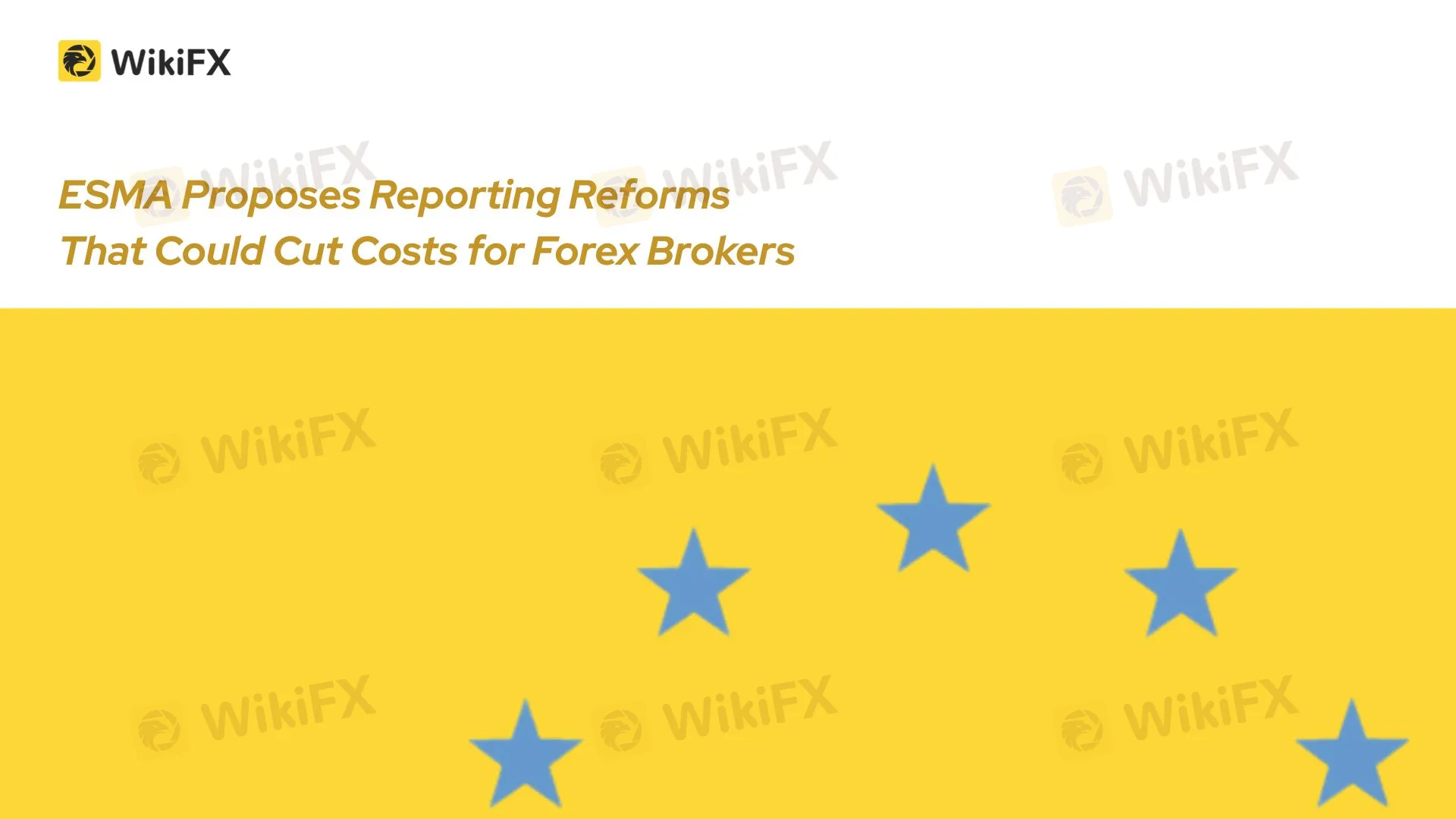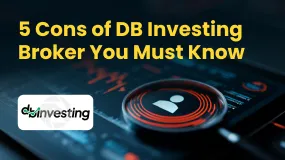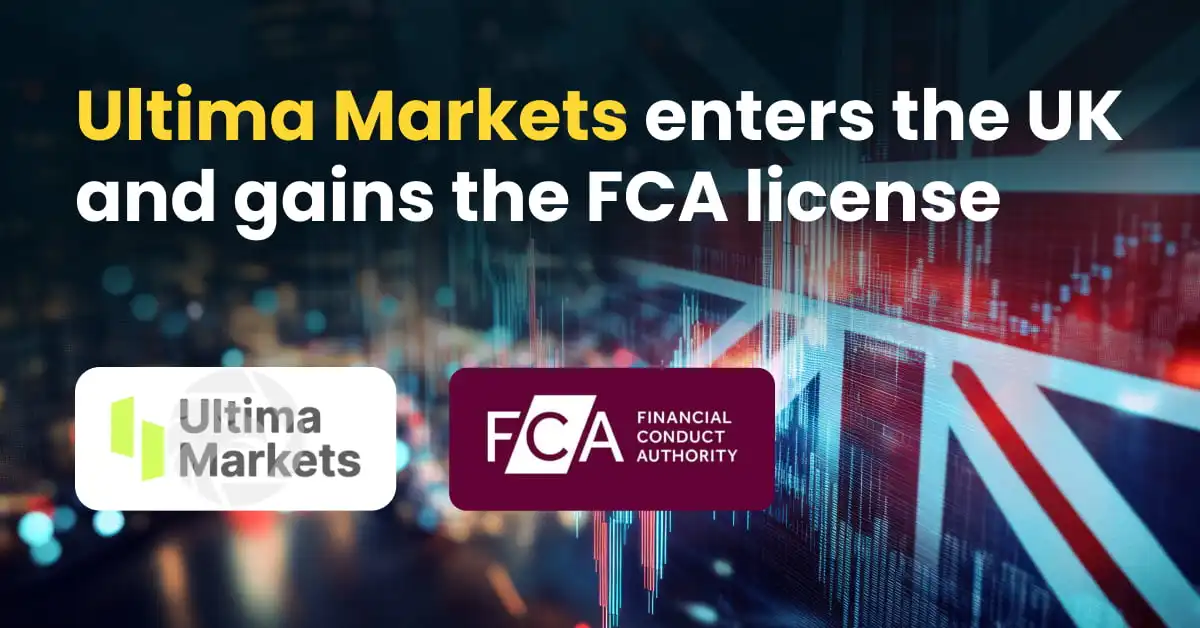简体中文
繁體中文
English
Pусский
日本語
ภาษาไทย
Tiếng Việt
Bahasa Indonesia
Español
हिन्दी
Filippiiniläinen
Français
Deutsch
Português
Türkçe
한국어
العربية
ESMA Proposes Reporting Reforms That Could Cut Costs for Forex Brokers
Abstract:ESMA is consulting on a unified reporting framework that would allow forex brokers to file financial transaction data through a single system, streamlining compliance and lowering operational burdens.

The European Securities and Markets Authority (ESMA) is exploring major reforms to reduce the cost of financial reporting across the EU. In a newly launched consultation, ESMA seeks feedback on how to simplify overlapping obligations under MiFIR, EMIR, and SFTR—three core EU reporting frameworks that often require firms to file the same data multiple times.
Forex brokers, especially those involved in derivatives like FX swaps and CFDs, are among the firms most affected. Currently, a single trade might need to be reported to multiple databases for different regulatory purposes: transparency under MiFIR, risk control under EMIR, and financing activities under SFTR. ESMA estimates that up to one-third of EMIR-reported trades are also covered under MiFIR, resulting in industry-wide compliance costs of up to €4 billion annually. Smaller brokers face particularly heavy burdens, as reporting costs may outweigh their operational scale.
To address the issue, ESMA has proposed two key solutions. The first is to split reporting obligations based on either the instrument type or the event type—ensuring each transaction is only reported once under the most relevant framework. The second is a more ambitious “report once” model, where firms would submit standardized data through a single channel to meet the requirements of all three regimes. Both proposals also explore removing dual-sided reporting to further ease compliance.
ESMA has opened the floor for industry feedback and is encouraging forex brokers to share cost data and practical concerns. Topics include how to ease the transition, especially for smaller firms, and whether unified reporting could improve accuracy and efficiency.
The consultation runs until 19 September 2025. A final report is expected in early 2026, potentially paving the way for long-term regulatory streamlining in the EUs financial markets. For brokers, these reforms may offer much-needed relief from costly duplication—without compromising market oversight.
Disclaimer:
The views in this article only represent the author's personal views, and do not constitute investment advice on this platform. This platform does not guarantee the accuracy, completeness and timeliness of the information in the article, and will not be liable for any loss caused by the use of or reliance on the information in the article.
Read more

5 Cons of DB Investing Broker You Must Know
It's always advisable to read online review articles about forex brokers you are thinking to Invest your money with. The forex market has become increasingly unsafe due to the rise of fraudulent brokers. Review articles help you spot scam brokers and protect your money. Read this important article about DB Investing to stay fraud alert.

Scam Alert: Cloned Broker Scams on the Rise
Reputed authorities like the FCA have issued warnings against brokers who act genuine but are actually fake brokers. They copy details such as logos, names, branding, and sometimes even employee appearances to trick investors and steal money from them.

Fraud Alert: Don’t Trust These Firms, SC Malaysia Warns
Investors, Pay Attention! This is a serious warning from the Securities Commission Malaysia against 5 scam brokers operating in the forex market without a legal license. Here is the list of 5 fake brokers you must avoid.

Ultima Markets enters the UK and gains the FCA license
Ultima Markets has secured authorization from the FCA to offer CFDs to retail clients in the United Kingdom, marking its entry into one of the world’s most heavily regulated and competitive markets. According to the FCA register, the trading name “Ultima Markets” was approved on 21 July 2025.
WikiFX Broker
Latest News
What Is Forex Currency Trading? Explained Simply
LSEG Announces £1 Billion Share Buyback Program
Ultima Markets enters the UK and gains the FCA license
SEC Lawsuit Targets Real Estate Fraud Scheme by Joseph Nantomah
A Beginner’s Guide to Trading Forex During News Releases
Forex Hedging Strategies - Calming You Amid Market Chaos
ASIC Regulated Forex Brokers: Why Licensing Still Matters in 2025
Key Events This Week: ISM, Trade Balance And More Earnings
Think Uncle Sam Owes $37 Trillion? It's Far Worse Than That
SkyLine Judge Community: Appreciation Dinner Successfully Held in Malaysia
Currency Calculator


